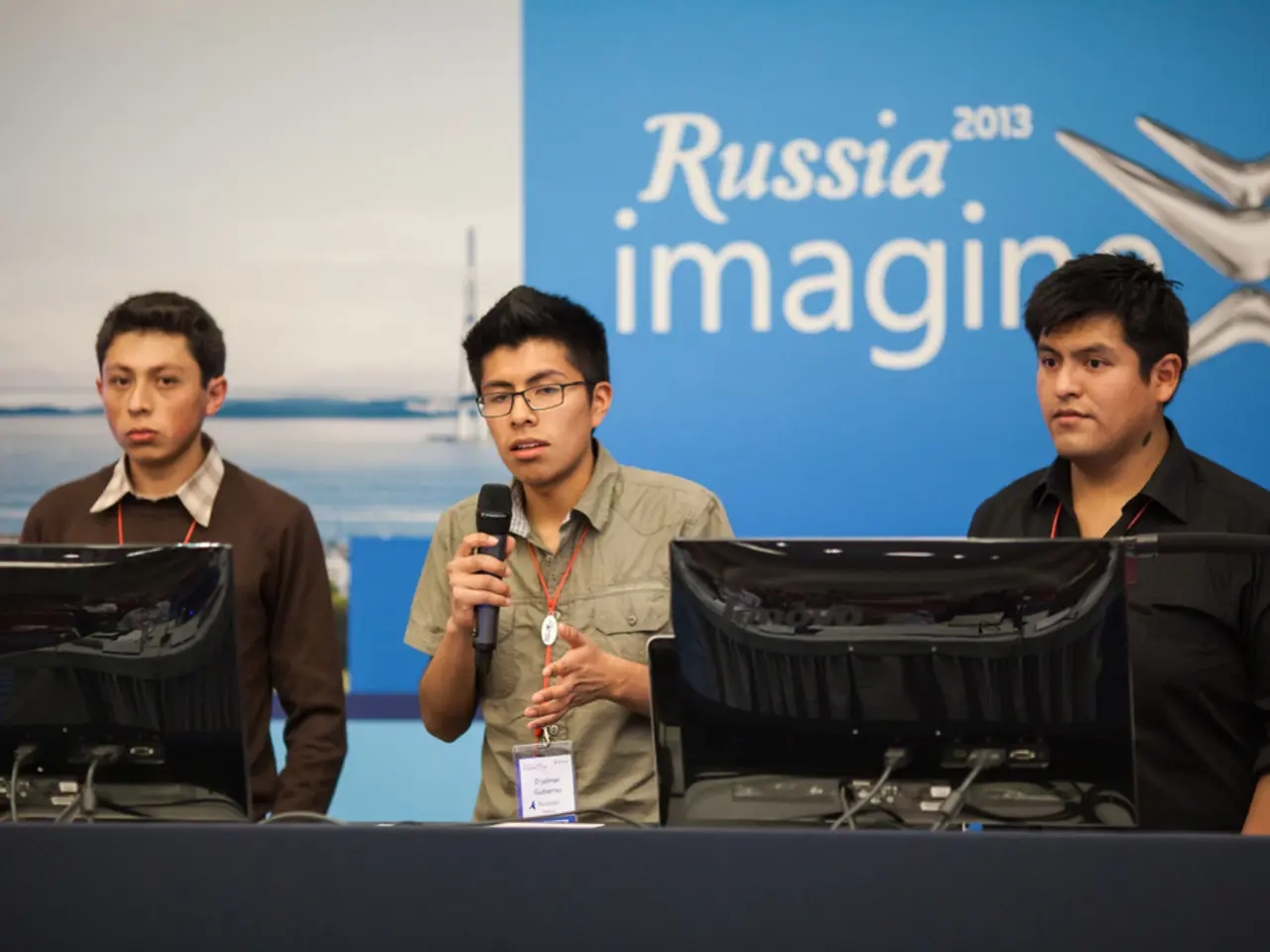Banks in Russia are considering the addition of charitable transfer options
In a recent letter penned by Yana Lantratova, Chair of the State Duma Committee on Civil Society Development, she emphasized the high readiness of Russian citizens to participate in charitable initiatives. The letter, written on behalf of the "Fair Russia" - For Truth party, was reported by RIA Novosti.
Lantratova's appeal to Elvira Nabiullina, Central Bank Governor, highlights ongoing challenges and concerns in Russia's charitable giving landscape. The letter comes at a time when funds raised, particularly for conflict-related causes, have reportedly been diverted for personal use by volunteers and fundraisers, leading to scandals that erode donor trust and complicate effective philanthropy.
The letter focuses on the creation of services that facilitate charitable giving, aiming to address issues of fraud and transparency in donation collection. In Russia, there is a growing acknowledgment of systemic issues in charitable giving, including the misuse of donations and opaque donation systems.
Despite these problems, the volume of charitable donations facilitated through digital platforms is enormous, possibly reaching trillions of rubles annually. However, the Russian context suggests that best practices for increased transparency, digital transformation, and strategic giving with measurable impact are not yet fully implemented or effective.
The letter asks the Bank of Russia to issue recommendations for the establishment of charitable services in major banks and ecosystems of the country. This call for official intervention or reform in managing charitable funds could potentially address the fraud and transparency problems highlighted in recent years.
According to VCIOM, over the past 4-5 years, 73% of Russians have participated in charity, the highest figure since the start of the surveys. This demonstrates the significant "charitable" potential within the Russian population.
The letter's call for improved transparency and regulation in charitable giving is particularly relevant in the global context, where philanthropy trends are moving towards increased transparency, digital transformation, and strategic giving with measurable impact.
Interestingly, in May, Bill Gates, one of the founders of Microsoft, announced his plan to spend all his wealth on charity within 20 years. This global trend underscores the importance of effective and transparent charitable giving, a goal that Lantratova's appeal appears to share.
However, limited publicly available information specific to Lantratova's appeal details or specific initiatives launched as a result has left the specifics of her proposed reforms unclear. Nonetheless, her appeal to a high-ranking official such as Elvira Nabiullina likely signals an effort to address the urgent need for improving transparency, accountability, and regulation in Russia's charitable giving landscape.
Finance and business sectors may be indirectly involved as they could provide the infrastructure for the proposed charitable services mentioned in Lantratova's letter. Given her call for the Bank of Russia to issue recommendations for these services, it indicates a potential intersection between politics and philanthropy, as the government becomes involved in reforming the charitable giving landscape.
The global news landscape, including general-news platforms like RIA Novosti, is vital in disseminating information about such matters, raising awareness about the urgent need for transparency and accountability in Russia's charitable giving sector.




